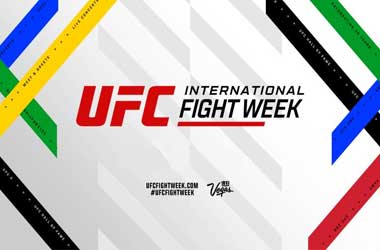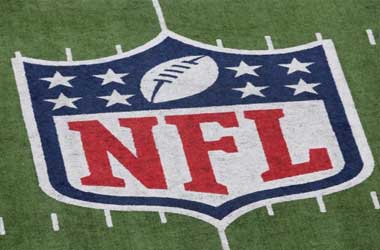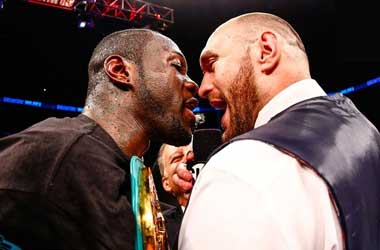
In order for legal sports betting to make its way to Connecticut, a change in leadership may be just what the state needed.
Last year, then-Governor Dannel Malloy requested a special session to approve a renegotiated compact agreement that he discusses with the state’s Indian tribes.
With the new session in full swing, Representative Joe Verrengia explained last year’s resistance:
I think what happened was, quite frankly, it was the will of the legislature to wait it out until we had a new governor. I wasn’t involved in those negotiations, but from what I gather one of the sticking points was there was an issue over a mobile platform and what it would look like. My understanding is the mobile platform being discussed was restricted to brick-and-mortar within tribal reservations and not a statewide mobile platform.
WTNH News8
Connecticut had a chance to become one of the first states after the PASPA ruling to offer sports betting, and many believed they would be. The problem was a 2017 law that authorized the adoption of regulations in the event of a change in the federal sports betting ban that went ignored due to complications with the states and tribal gaming.
The state’s two tribal casinos are, Foxwoods, which is operated by the Mashantucket Pequot, and the Mohegan Sun, operated by the Mohegan. While the tribes wanted to offer sports betting, they believed they should have an exclusive right in Connecticut.
The previous attorney general, George Jepsen wrote last year that not only do the current compacts not allow the tribes to offer sports betting without further legislative approval, but they also do not have exclusivity to sports betting.
Other parties in the state, which include the lottery and off-track betting facilities, as well as Verrengia, are in favor of an inclusive marketplace.
When it comes to gaming in the state of Connecticut, whether it’s an expansion of casinos or sports betting, it’s not as easy as flipping a switch because of the compacts that are in place. I think it’s in the best interests for the state of Connecticut to work with various stakeholders to try to come to an amicable agreement. I would say it’s highly unlikely for there to be legislative support that would allow for exclusivity for the tribes on sports betting.
In order for sports betting to make its way to Connecticut, the first key step is for the governor to renegotiate compacts with the tribe. Governor Ned Lamont has said that authorizing sports betting in Connecticut would be a priority and that the revenue could be used to cut property taxes.
On the other side, MGM resorts want to open the state’s first commercial casino in Bridgeport, the state’s most populous city. Verrengia says the issue needs to be resolved sooner rather than later.
I believe that sports betting should be a piece of an overall gambling policy for the state,” Verrengia said. “I think, one way or the other, the casino issue has to be addressed, sooner than later, while we still have sports betting on the table from a strategic negotiation standpoint. We need to all come together, get this worked out and move on
The positive thing is there really is a lot of support for sports betting, It’s just a matter of how we’re going to get there.






